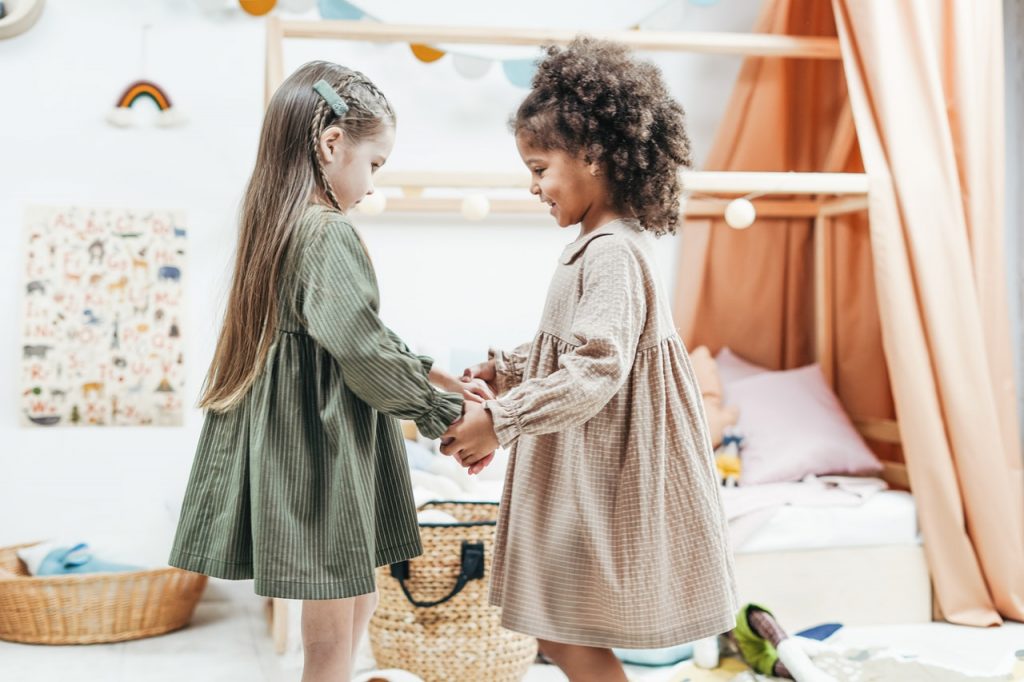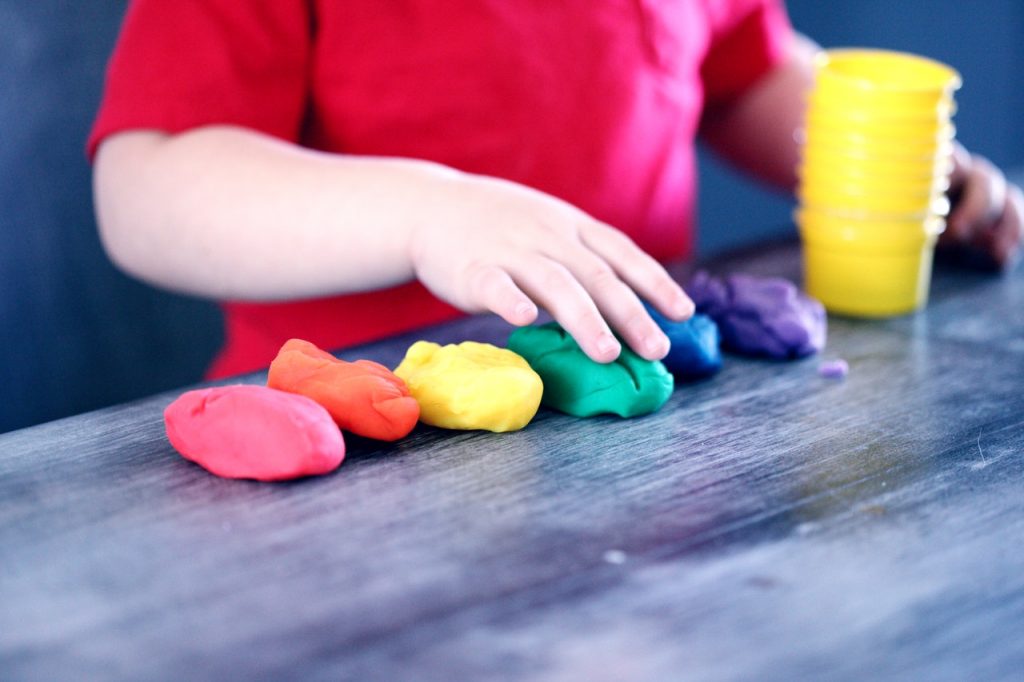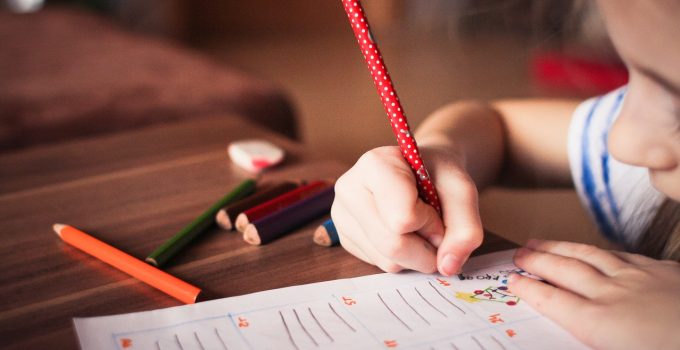When our children are born, they are blank canvas. Everything they do, everything they try, and everything they learn is going to be a new thing. Right from the time they start being aware of the world around them, they start gaining new knowledge, and every single thing you do or say is going to make an impact on this process. If you have ever wondered how young children learn, you’ve come to the right place.
Here, we are going to help you understand the whole process, and we will give you some tips on how to make everything better and easier for your little ones to comprehend. Continue reading if you want to find out more about the learning process, what the usual ways are, and how you can promote even faster and more advanced memorizing.
1. Physical activities

Source: pexels.com
The first thing we are going to talk about is physical activities. No matter what age your youngsters are, chances are, they are more interested in getting to know something while they are playing than to sit still and pay attention to the matter at hand.
Know that there is nothing bad about this, and you should promote education during play. You can combine physical activities, but know that you should do this at your kid’s pace. For example, if you want to teach them how to throw a ball, you first need to teach them how to stand correctly.
Take your time, be patient, and know that you should never rush and skip steps. Just because something is logical and natural to you, it does not mean that it is the same with them. Don’t assume they know something, and encourage them to be better, without making them feel less because they didn’t know right from the start.
2. Observing and watching
It is said that if you want to know the best and the worst traits of a parent, you should just watch what their children are doing. Kids of all ages learn by observing and watching, and you cannot expect them to listen to what you say, and ignore what you do. So, if they see you on your phone all day long, they are going to copy your behavior. On the same note, if they see you and your partner holding a book, they are going to do that as well.
If you want your young ones to adapt to all the best traits you have, then you need to expose them to it. No matter what it is about, the kids will learn mostly by watching what you are doing.
3. Exploring

Source: pexels.com
Young kids love to explore, and you should let them do that. When they touch new things, see new landscapes, and when they feel the breeze on their faces, they are more likely to learn new things than when you keep them in a closed space.
According to Avandaalvin, you should explore educational playgrounds that are going to provide your young ones with the ability to combine playing and learning in one activity. They can stay active, and at the same time, they will explore and remember.
4. Asking questions
We’ve all been there – our children asking the same questions over and over again, and that does not seem to stop, no matter how many times we’ve answered the questions. Many parents get annoyed by this, but in reality, you should stay patient and try to answer as correctly as possible.
Your kids will ask what that is, why is it that shape, what is it used for, or they will just repeat “why” all the time. The thing with this is that they gain new knowledge by doing this process, even if we don’t understand it at first. Know that your kids will remember what you’ve answered, and they are going to repeat that in one moment or another. So, don’t stop their curiosity, and let them get all the answers they need. Promote their thinking, and ask what they think the item is for, how would they use it, and if they like it.
Try to be as supportive as you can, and help them understand. Talk with your children, and know that this will pay off a lot.
5. Experimenting

Source: pexels.com
When it comes to experimenting, when your kids choose to touch something or to jump in the shallow pond barefoot, or even when they try to put something in their mouths that is not for eating, they are just trying to find out as much as they can about the texture, taste, and the shape of the object.
Know that when it comes to this process, you need to encourage it, but you also need to teach them right from wrong. You cannot allow your toddler to touch everything they want, and you can’t let them eat something that is not food, but you can explain them and let them touch and feel. Find the right balance between the two, and promote experimenting in safe conditions.
6. Listening

Source: pexels.com
The last thing we are going to talk about is listening. Kids listen to everything we say, and they memorize our words and phrases. The tricky thing here is that they usually repeat everything we’ve said, and that could put us in an uncomfortable position.
To prevent them from learning any bad words from you, or repeating things that should not be said out loud, try to pay attention to what you are saying. On the same note, know that your kids will learn all the bad words one day, so it is better to talk to them about the unwanted phrases, and why they should not use them.
These are some of the ways that kids remember and learn new things. Overall, every process is just so clever and intelligent, and we could actually gain some new knowledge if we tried approaching subjects the way they all do. Never limit the curiosity of your young ones, and let them know that you are the person who is never going to steer away from answering too many questions.







